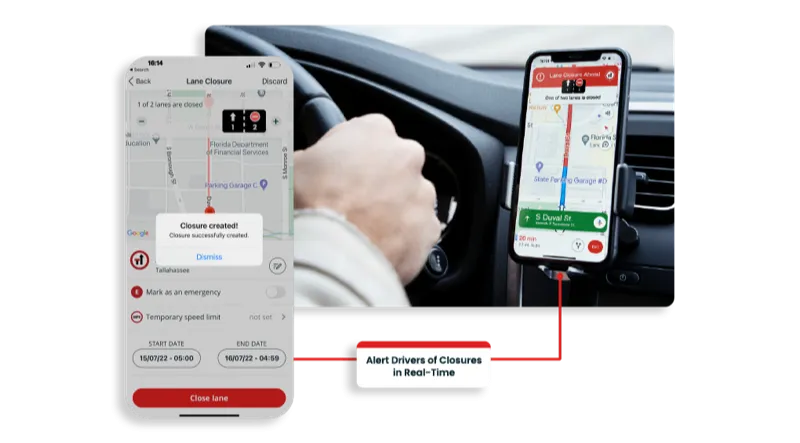Smart Jacket was developed with urban cycling clothing specialist Lumo and mobility software company Tome, and allows cyclists to better indicate their presence and intentions to other road users. The wearable’s navigation app wirelessly connects to smartphones and vibrates the jacket’s sleeves to help riders take the right direction to avoid busy roads.
It features audible interfaces and a system which allows cyclists to use bodily movements to take calls, receive messages and repeat navigation guidance.
The product is part of Ford’s Share The Road campaign, whose stated aim is fostering greater empathy between drivers and cyclists.
Ford is now applying for a patent to develop the prototype further.
Ford develops Smart Jacket to improve cyclist safety
Ford has developed clothing which has built-in indicators and flashing brake lights for cyclists.
Smart Jacket was developed with urban cycling clothing specialist Lumo and mobility software company Tome, and allows cyclists to better indicate their presence and intentions to other road users. The wearable’s navigation app wirelessly connects to smartphones and vibrates the jacket’s sleeves to help riders take the right direction to avoid busy roads.
June 26, 2018
Read time: 1 min










